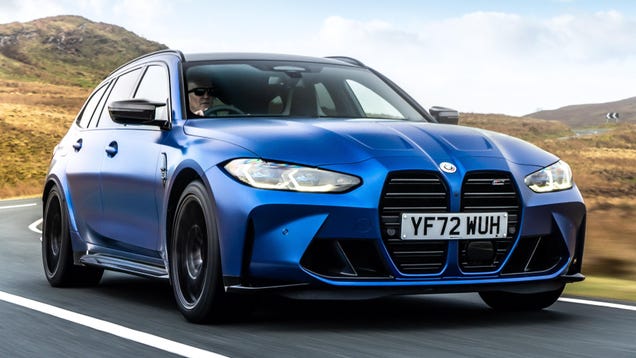Exploring the Dynamics of Electric Sports Cars
The automotive landscape is undergoing a significant transformation, with electric vehicles (EVs) taking center stage. Among the various categories of EVs, electric sports cars present unique challenges and opportunities. This article delves into the complexities of electric sports cars, examining their design, performance, and the future of this exciting segment.
Understanding the Appeal of Electric Sports Cars
Electric sports cars combine the thrill of high-performance driving with the sustainability of electric power. Unlike traditional combustion engines, electric motors deliver instant torque, providing exhilarating acceleration. This characteristic makes electric sports cars not only competitive but also enjoyable to drive. For instance, the Hyundai Ioniq 5 N has garnered attention for its engaging driving dynamics, proving that EVs can be both fun and functional.
However, the challenge lies in the weight of batteries. While the size of a crossover vehicle can accommodate larger battery packs without compromising performance, sports cars typically prioritize lightweight design for agility and speed. This weight issue raises questions about how manufacturers can balance battery capacity with performance metrics.
The Engineering Challenges of Electric Sports Cars
One of the primary concerns in developing electric sports cars is managing the weight of the battery. Batteries are inherently heavy, and their weight can significantly affect the handling and performance of a vehicle. Engineers are tasked with innovating ways to reduce weight while maintaining or enhancing battery efficiency.
Recent advancements in battery technology, such as solid-state batteries, promise to alleviate some of these concerns. Solid-state batteries are lighter and have a higher energy density compared to traditional lithium-ion batteries. This could lead to lighter electric sports cars that do not sacrifice range or performance. Companies like Toyota and QuantumScape are at the forefront of this technology, and their developments could reshape the future of electric sports cars.
Performance Metrics and Consumer Expectations
When it comes to sports cars, performance metrics are paramount. Acceleration, top speed, and handling are critical factors that enthusiasts consider. Electric sports cars must not only meet these expectations but also compete with their gasoline-powered counterparts.
For example, the Tesla Roadster, with its claimed 0-60 mph time of under two seconds, sets a high bar for performance. This level of acceleration is achievable due to the electric motor’s ability to deliver power instantaneously. However, the challenge remains in ensuring that performance is consistent over time, especially under demanding conditions.
Consumer expectations are also evolving. Today’s buyers are increasingly interested in sustainability without compromising performance. This shift in mindset presents an opportunity for manufacturers to market electric sports cars as not just eco-friendly alternatives but as legitimate contenders in the high-performance arena.
The Future of Electric Sports Cars
As the automotive industry continues to innovate, the future of electric sports cars looks promising. Major manufacturers are investing heavily in electric technology, with many planning to release high-performance electric models in the coming years. Brands like Porsche, with its Taycan, and Ford, with the upcoming electric Mustang, are already setting benchmarks for performance and design.
Moreover, the integration of advanced technologies such as regenerative braking, AI-driven performance tuning, and enhanced aerodynamics will further enhance the capabilities of electric sports cars. These features not only improve performance but also contribute to overall efficiency, addressing one of the primary concerns of potential EV buyers.
Real-World Examples and Case Studies
The success of electric sports cars can be seen in real-world applications. The Porsche Taycan has received accolades for its blend of performance and luxury, demonstrating that electric vehicles can cater to high-end markets. Similarly, the Rimac C_Two, an all-electric hypercar, showcases the potential for extreme performance with its impressive specifications, including a top speed of 258 mph.
These examples illustrate that electric sports cars are not just a fleeting trend but a viable segment of the automotive market. As technology continues to advance and consumer acceptance grows, we can expect to see more innovative designs and powerful performance from electric sports cars.
In summary, while electric sports cars face unique challenges, they also present exciting opportunities for innovation and performance. As manufacturers continue to push the boundaries of technology, the future of electric sports cars looks bright, promising a thrilling ride for enthusiasts and eco-conscious drivers alike.

